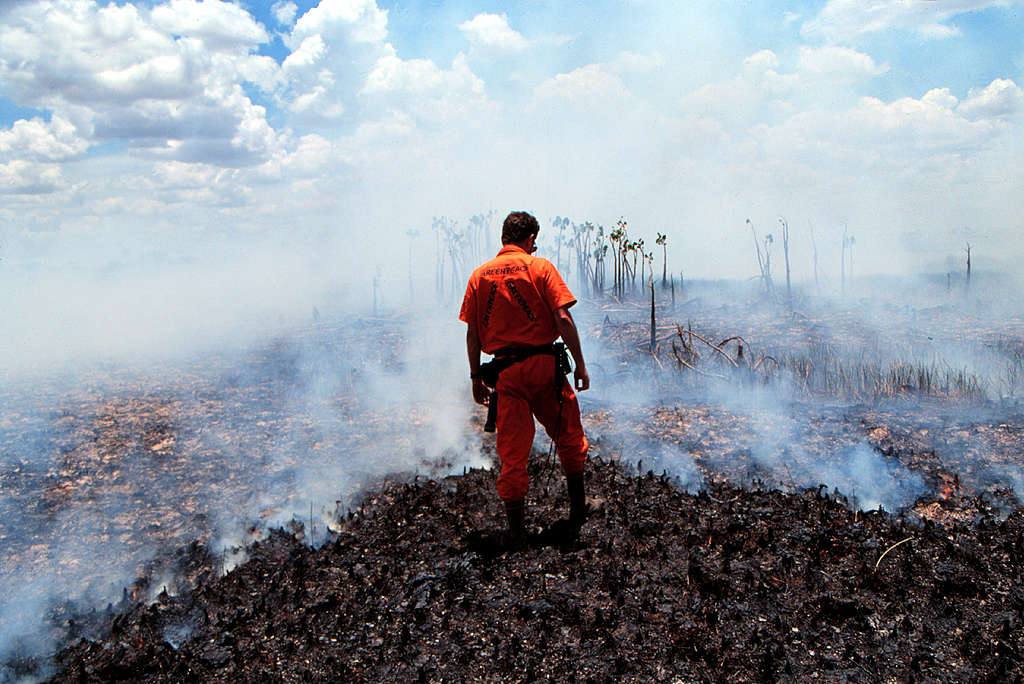Remember the last warning report from the Intergovernmental Panel on Climate Change (IPCC), which is composed of the world’s leading climate scientists and approved by world governments? If you don’t, here is a blog post about it.
Well, the scientists are back.
Yesterday, the second of four parts of the latest IPCC assessment was published. The report picked up right where the previous one left off: focusing on the impacts of the climate crisis on humanity, our homes, livelihoods and the ecosystems we depend on.
What do we expect to learn from this part of the IPCC Sixth Assessment Report?
- How warming is already impacting us and other life on earth.
- How climate impacts and risks will increase with further warming, and how choices of development pathways affect those risks.
- How and to what extent can impacts be adapted to, and risks reduced.
- Where limits to adaptation are being exceeded, and causing loss and damage.
- What causes particular vulnerabilities to climate impacts and risks, and how those vulnerabilities must be reduced and resilience built.
- How the particular situation of the coastal communities; cities and settlements by the sea looks like.
- What the role of social justice and equity in climate-resilient development is.
- What solutions could make our societies more prepared for the warming, sea-level rise and other changes we can no longer prevent.
Why is this important for us in the MENA region, and as individuals?
Our region is one of the most climate vulnerable regions on the planet, which means we will be seeing the impacts of climate change faster and stronger than other parts of the world. In fact, we have already started seeing these impacts, whether through forest fires, and other extreme weather events, sea level rise, increased average temperatures… all of these impacts which have direct or indirect effects on biodiversity loss, agriculture and food insecurity, livelihoods, quality of life, employment, infrastructure, migration, the economy… (the list is endless), and most importantly people’s lives. The MENA region is in dire need to develop and implement urgent solutions to the climate change impacts we face, that are locally adapted and in tune with local community needs, especially those that will become most vulnerable to the impacts of climate change. To be able to take on this enormous task, we need ‘developed’ countries to share knowledge, finance and technologies.
As individuals we need to be aware of these impacts and pressure our governments to respond to our needs, and safeguard our futures and the future of our children. However it is up to us to take the lead in driving change through sustainable solutions and alternative development pathways that are adapted to our regions.
Share your story with us and with the world #أنا_متأثر_بتغير _المناخ (I am impacted by climate change). Let them hear how we, as individuals, in the MENA region, are impacted by climate change.
What comes next?
Look out for our next blog posts that go into the details of the outcomes of this report, and how this relates to us in the MENA region!
The next IPCC reports are due in April, which will focus on how to cut climate pollution and further warming, as well as a synthesis report bringing the full story of the Sixth Assessment Report together in October.
These reports, which are reviewed by world governments, will be crucial in framing the narrative towards the COP27 climate conference in Egypt in November, when countries are set to revise their national climate targets in alignment with the Paris Agreement 1.5°C warming limit, and prioritizing adaptation efforts and acknowledging and acting upon the historical responsibility around loss and damage.

Climate change is happening. Those who have contributed the least to the climate crisis are the most at risk. That’s why a growing number of communities are taking legal action: to hold governments and fossil fuel companies accountable and to secure their rights to a stable climate and healthy environment.
